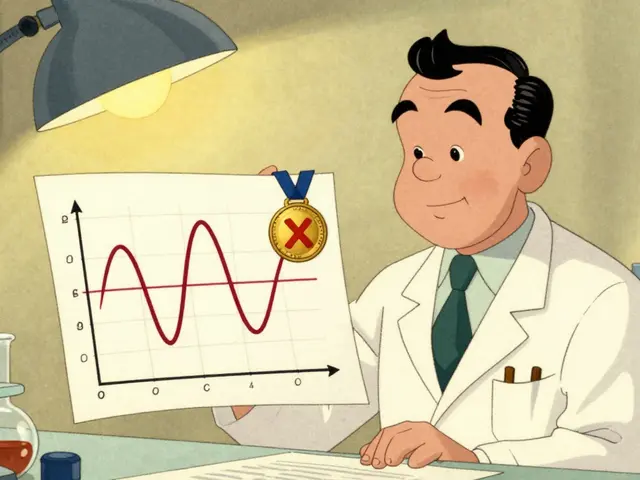Sneeze Physiology: What Makes You Achoo?
Ever wonder why a sudden burst of air shoots out of your nose and mouth when you feel a tickle? That is a sneeze, and it’s more than just a random hiccup. Your body has a built‑in alarm system that launches a sneeze to protect the airway. Let’s break down how it works in plain language.
The Sneezing Reflex Pathway
It all starts with tiny nerve endings in the lining of your nose, called the nasal mucosa. When something irritating – like dust, pepper, or a virus – touches these nerves, they send a signal to the brain’s sneeze center located in the lower brainstem. The brain then fires off a rapid series of commands.
First, your eyes close automatically to shield them from the incoming air. At the same time, the diaphragm, chest muscles, and the muscles in the back of the throat contract hard. This builds up pressure in the lungs and upper airway. Finally, the vocal cords open, and the built‑up air bursts out through the nose and mouth at speeds up to 100 miles per hour.
Why Certain Triggers Lead to Sneezes
Not everything that irritates the nose causes a sneeze. The most common triggers are:
- Physical irritants: dust, pollen, pet dander, strong smells, and spices.
- Temperature changes: sudden exposure to cold air can stimulate the reflex.
- Bright light: about a third of people sneeze when looking at a sudden bright light, a response called the photic sneeze reflex.
- Infections: colds and flu inflame the nasal lining, making it more sensitive.
- Allergies: histamine release makes the mucosa swell and itch, prompting frequent sneezes.
Each of these cues tells the brain that something unwelcome is in the airway, and the sneeze reflex kicks in to clear it out.
After the sneeze, the airway is usually cleaner, and the irritation subsides. The muscles relax, you take a breath, and the process resets. If the irritant stays, you might get a series of sneezes – that’s why a single pepper dust can lead to three or four rapid sneezes.
There are a few myths people love to repeat. One is that holding a sneeze can damage your eardrum – it can create pressure, but serious damage is rare. Another is that you need to drink water after sneezing; the body’s moisture balance isn’t affected by a single sneeze.
If you’re looking for quick ways to reduce a sneeze, try pinching the bridge of your nose or breathing through your mouth for a few seconds. These actions can sometimes interrupt the reflex chain and stop the sneeze before it happens.
Understanding the sneeze reflex helps you see it as a smart defense, not just an annoying hiccup. Next time you feel that tickle, you’ll know exactly what’s going on inside your head and nose – and maybe you’ll even impress a friend with the science behind the “achoo.”

World’s Loudest Sneeze Ever Recorded - How Powerful Can a Human Sneeze Get?
- By : Tamsin Riverton
- Date : Sep 25 2025
Explore the science behind the world’s loudest sneeze, how it’s measured, its health impact, and how it compares with everyday sneezes.




